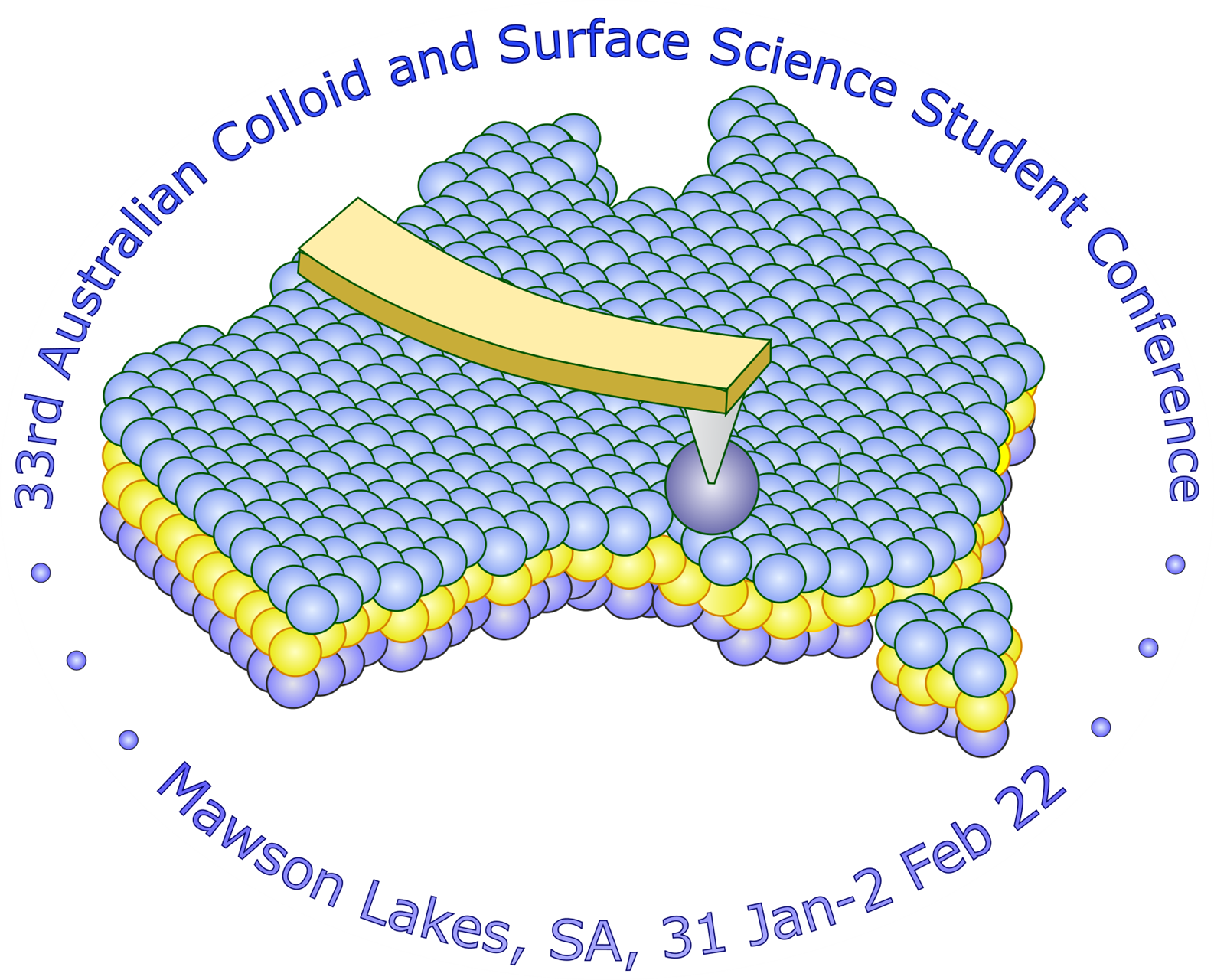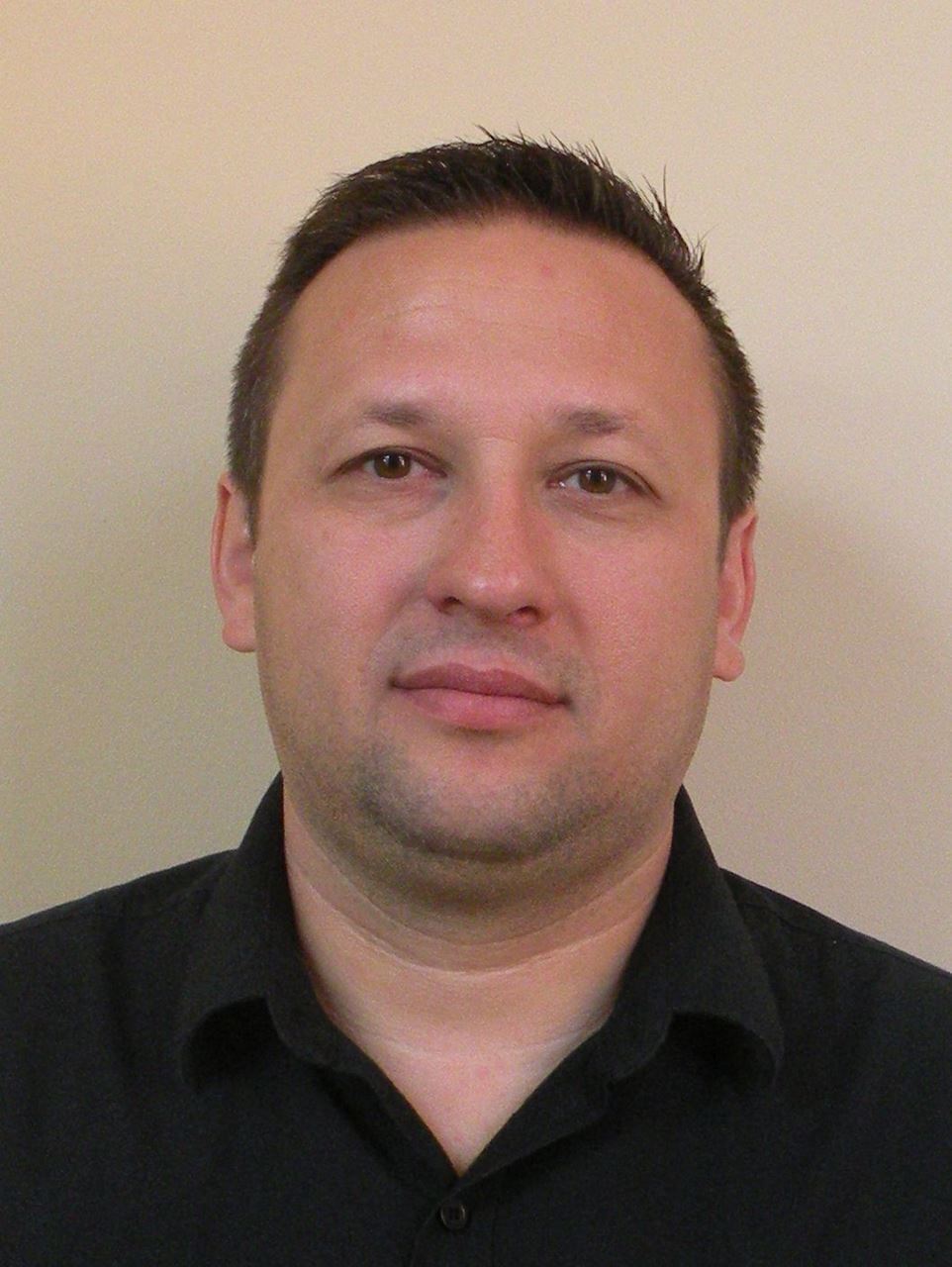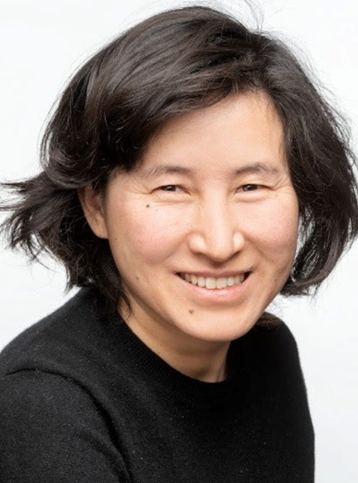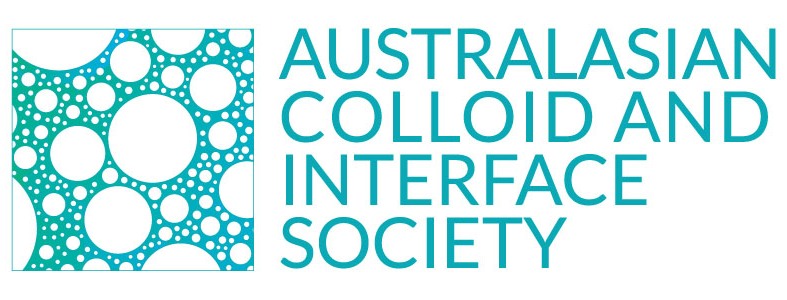 The 33rd Australian Colloid and Surface Science Student Conference
The 33rd Australian Colloid and Surface Science Student Conference
Invited Speakers
We have confirmed that the following people will be presenting their research at the conference:
- Prof. Wuge Briscoe - University of Bristol
- A/Prof. István Szilágyi - University of Szeged
- Prof. Xuehua Zhang - University of Alberta
- Prof. Rosa Espinosa - University of Illinois Urbana-Champaign
University of Bristol

Tentative title: A nano-vision to nano-invasion
Bio:
Wuge’s research at Bristol has focused on organised soft interfacial structures, particularly the interactions they mediate. After his PhD at the Ian Wark Research Institute at the University of South Australia, Wuge undertook postdoctoral research in England where he has endured many harsh winters ever since. He now lives in muddy Gloucestershire with half-Viking offspring, dreaming of one day returning to glorious sandy beaches Down Under.
University of Szeged

Nanoparticle-based biocatalytic systems to combat oxidative stress
Bio:
István Szilágyi obtained his PhD in chemistry at the University of Szeged in 2006. After holding postdoctoral positions in Australia and Switzerland, he was appointed as Senior Lecturer at the University of Geneva in 2009. He moved to the University of Szeged in 2018, where he is an Assistant Professor and Leader of the Biocolloids Research Group of the Hungarian Academy of Sciences/ELRN. His research focuses on synthesis, characterization and application of novel hybrid materials composed of nanoparticles, biocatalysts and polymers. His results were published in 110+ scientific articles (2800+ citations) and presented at 50+ conference talks. More information can be found here: http://www2.sci.u-szeged.hu/physchem/bioc/index.html.
University of Alberta

Accelerated chemical reactions with surface nanodroplets
The compartmentalization of chemical reactions within droplets has advantages in low cost, reduced consumption of reagents and increased throughput and specificity of the product from biphasic reaction. It has been shown in literature that the reaction rate in small droplets is greatly accelerated by several orders of magnitude. In this talk, we will first introduce a simple continuous approach for the formation of reactive multicomponent nanodroplets from a nucleation-growth process. The gaseous products from the reaction at the nanodroplet surface form hydrogen nanobubbles within the nanodroplets. We followed the growth of hydrogen nano bubbles by confocal microscope and found that growth rate of nanobubbles inside the droplet depends on the size and contact angle of the reacting droplets. The growth rate of the bubbles was significantly accelerated within small droplets and scaled inversely with droplet radius. The acceleration was attributed to confinement from the droplet volume and effect from the surface area on the interfacial chemical reaction for gas production. The results of this study may provide some insights into in droplet enhanced production under flow conditions.
Bio:
▪ Professor and Canada Research Chair (Tier 1), Department of Chemical and Materials Engineering, University of Alberta, Edmonton, Alberta, Canada (2017 - Present)
▪ Professor (part-time), Department of Science and Technology, University of Twente, Enschede, The Netherlands. (2014 - Present)
▪ Associate Professor, Department of Chemical Engineering, RMIT University, Melbourne, Australia (2014 - 2017)
▪ ARC Future Fellow, Department of Chemical and Biomolecular Engineering, University of Melbourne, Melbourne, Australia (2012 - 2014)
▪ ARC Postdoctoral Fellow, Department of Chemical and Biomolecular Engineering, University of Melbourne, Melbourne, Australia (2008 - 2012)
▪ Postdoctoral Fellow (in Professor William Ducker’s group), Department of Chemical and Biomolecular Engineering, University of Melbourne, Melbourne, Australia (2006 - 2007)
▪ Endeavor Postdoctoral Fellow, Department of Applied Mathematics, Australian National University, Canberra, Australia (2005 - 2005)
University of Illinois Urbana-Champaign

Interfacial Behavior of copolymer hydrogels undergoing microphase separation
With recent developments in soft robotics, novel stimuli-responsive soft materials are needed to control interfacial forces like friction and adhesion. Hydrogels have been a topic of interest in biotribology for decades due to their biocompatibility and extremely low coefficients of friction, and now they have also captured recent attention for applications in soft robotics. The present work is focused on tuning the microphase separation of copolymer hydrogels by altering their composition. Microphase separation within the interfacial region leads to changes of the gel’s interfacial structure, contact mechanics and frictional characteristics.
Bio:
Dr. Espinosa-Marzal is a Professor at the University of Illinois at Urbana-Champaign (UIUC) in the departments of Civil and Environmental Engineering and Materials Science and Engineering. She has a Ph.D. in materials engineering from Hamburg University of Technology (Germany). After her Ph.D., she received an award to promote academic career of young researchers from the German Research Foundation (DFG), which brought her to Princeton University as a research fellow. Prior to joining Illinois, Dr. Espinosa-Marzal spent four years as senior scientist in the laboratory of surface science and technology in the Materials Science Department at the ETH Zurich in Switzerland. She has published over eighty peer-reviewed journal articles. In 2016, she was awarded Associate to the Center for Advanced Study at UIUC and Faculty Excellence to recognize her research activities. She received the Deans Award for Excellence in Research in 2019 and was named Donald Bigger Willet Faculty Scholar by the Grainger College of Engineering in 2020. Since 2016, she serves as member of the executive committee of the Division of Colloids and Surface Chemistry at the American Chemical Society in the role of membership secretary.
